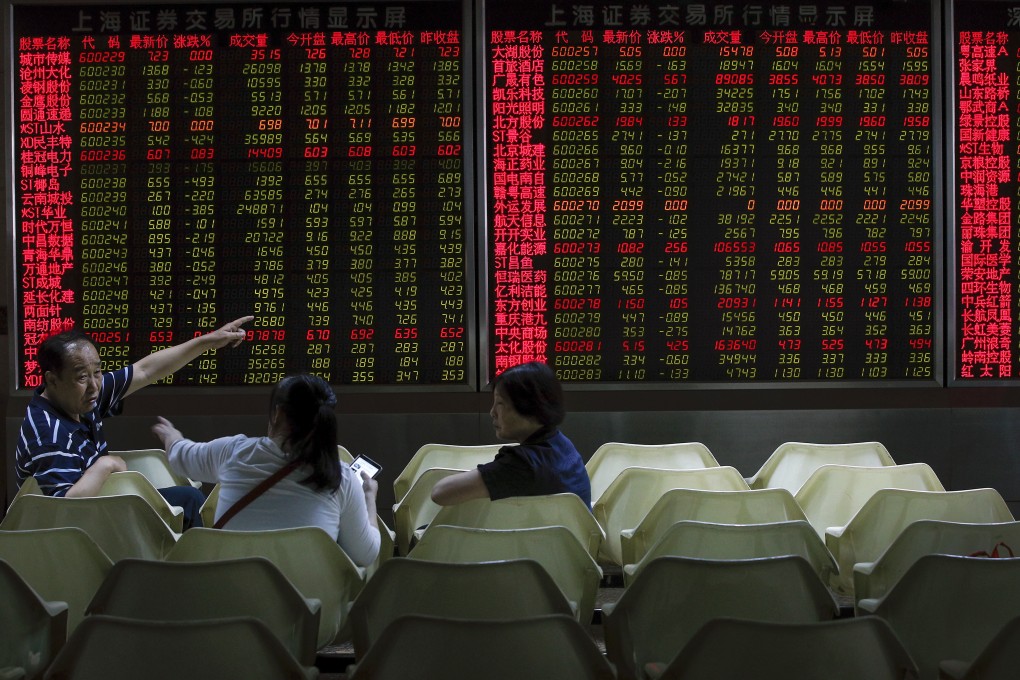China’s market interference keeps it from achieving a ‘unified domestic market’, economists say
- Experts break down what they see as challenges to Beijing’s recently announced aspirations to build a single market, including an ‘administrative monopoly’
- Hurdles to realising a single unified market in China, like those seen in the United States and European Union, remain high due to favouritism and local protectionism

Political interjection in China’s economy serves as a fundamental stumbling block to achieving a mega “unified domestic market” in the country, Chinese economists warn while calling for a better levelling of the playing field for all types of companies.
Such moves are being made against the backdrop of rising complaints among foreign business communities and private firms who say that extensive market-access barriers, local protectionism, an opaque regulatory system and discriminatory enforcement continue to hinder their activity in China.
Favouritism shown toward state-owned enterprises has resulted in mismatched resources and a distorted industrial structure that has become “a very serious problem” standing in the way of a single market, said Shi Jinchuan, an economics professor at Zhejiang University.
He argued that state-owned players can leverage their “special political positions or resource advantages” to freely get into industries that other types of companies have developed, but it remains “very difficult” for non-state firms to enter sectors occupied by state enterprises.